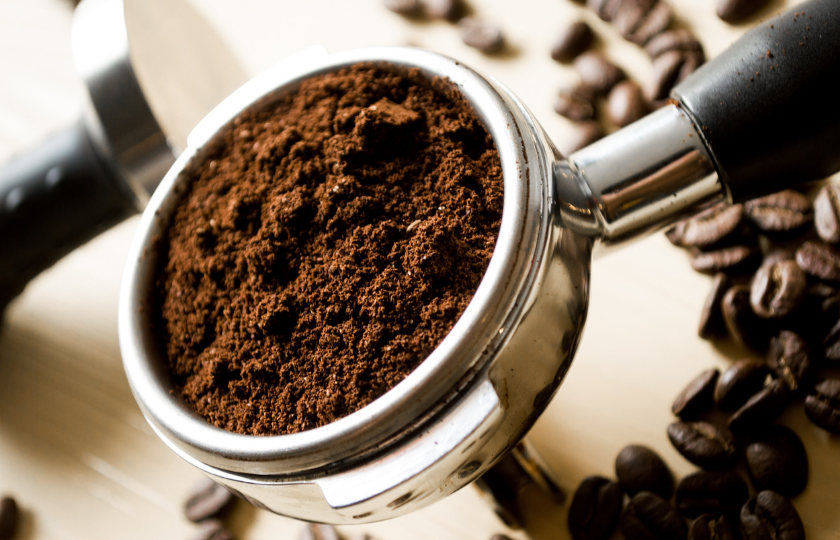In Seoul, South Korea, coffee shops generate as much as 145 tons of used coffee grounds daily, while households generate almost 53,000 tons of coffee waste each year.
However, most coffee waste is buried or incinerated as it can be challenging to collect separately, and the demand for compost is low.
In addition, other expenses incurred by the coffee waste disposal can be a burden to the locals. For example, coffee shops are required to purchase standard garbage bags for the coffee grounds, while district offices are still charged for incineration and landfill disposal.
To tackle this challenge, the Seoul Metropolitan Government (SMG) decided to introduce a recycling system for used coffee grounds, turning the waste into bio-energy resources and compost.
The new system will offer incentives such as certified marks to encourage cafes to separate and recycle their coffee grounds. At the same time, it will also assign district offices to collect the grounds to send to recycling facilities where it can be turned into biofuel, compost for farms, or green construction materials.
Today, there are nearly 14,000 coffee shops in the city, with 20 per cent centred in the capital. Furthermore, coffee imports hit a record high of 176,648 tons last year.
According to SMG, the initiative will allow the government to cope with the domestic waste generated by the increased coffee consumption.
SMG said that once the system is completed, it can help the environment by reducing domestic waste and saving 48,000 tons of greenhouse gases each year.
“This project will help us preserve the environment by recycling the coffee waste in numerous ways, reduce social costs of burning and burying of the waste, save on the money spent on garbage bags and create jobs for the vulnerable class,” said Yoo Yeon-Sik, director-general of climate & environment headquarters at SMG. “We will encourage every coffee shop to participate in the program.”
The city is actively recruiting businesses to participate in the initiative through January. Participants include livestock and dairy companies, compost manufacturers, cogeneration facilities, and thermal power plants.



